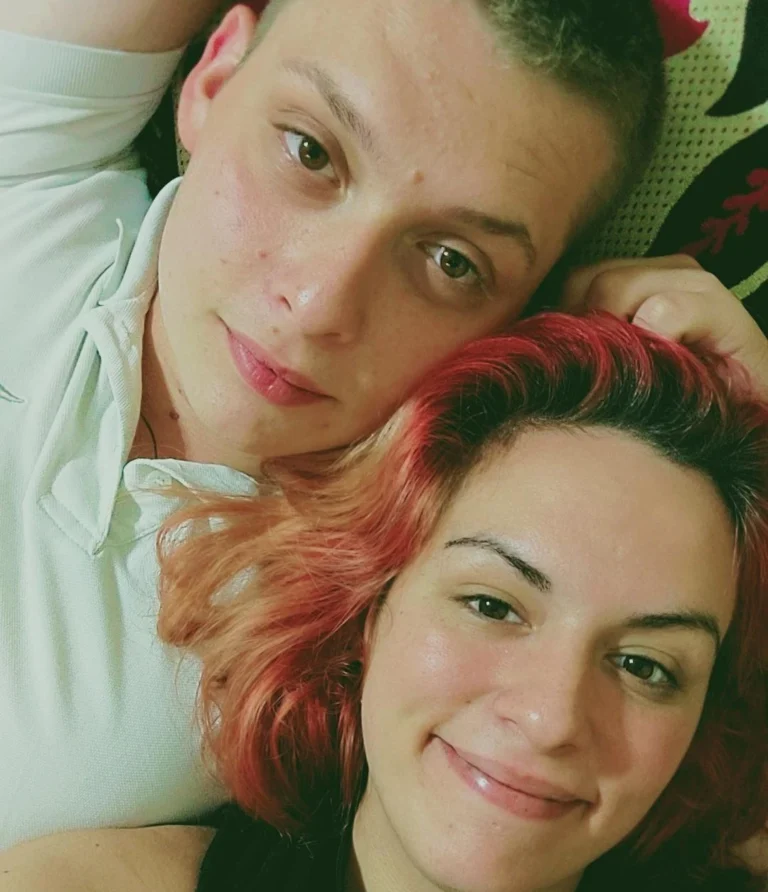 Communication is fundamental in family-centered care in adolescent and young adult (AYA) oncology. Several studies focused in how communication impacted parents of children with cancer to make a healthy (psychological) adjustment to cope with their children´s diagnosis. However, according to Srinivas et al. (2022) little or no research has been focusing on communication needs and priorities of AYAs with cancer or how AYA´s communication priorities compare to parental perspectives.
Communication is fundamental in family-centered care in adolescent and young adult (AYA) oncology. Several studies focused in how communication impacted parents of children with cancer to make a healthy (psychological) adjustment to cope with their children´s diagnosis. However, according to Srinivas et al. (2022) little or no research has been focusing on communication needs and priorities of AYAs with cancer or how AYA´s communication priorities compare to parental perspectives.
In this sense, Srinivas et al. (2022) performed two qualitative communication studies aiming to develop guidance on how clinicians can better communicate with AYA cancer patients and parents. In one study, 80 parents of children with cancer (in different phases of the trajectory of the disease, includinng post-treatment or bereavement) were interviewed; and in the second study, 37 AYA cancer patients (diagnosed with different cancer types such as leukemia, CNS tumors, solid tumors and lymphoma) in active treatment or survivorship were interviewed.
Researchers identified categories of advice related to three overarching themes: interpersonal relationships, informational preferences, and delivery of treatment, resources, and medical care. AYAs and parents provided similar advice about the need for compassion, strong connections, hopefulness, commitment, and transparent honesty However, AYAs placed additional emphasis on clinicians maintain a calm affect to ease their anxiety, and parents emphasized the need for clinicians to provide supportive resources to help them manage their child’s and family’s needs.
The advices provided by AYAs cancer patients and parents to clinicians in 3 main themes, with slight differences in subcategories:
1) interpersonal relationships,
2) information preferences,
3) delivery of treatment, resources, and medical care.
Thus, both AYAs and parents provided similar advice about the need for compassion, strong connections, hopefulness, commitment, and transparent honesty. AYAs also emphasized the need for clinicians to maintain a calm effect to ease their anxiety, and parents emphasized the need for clinicians to provide supportive resources to help them manage their children´s and family’s needs.









Comments
Thank you. Comment sent for approval.
Something is wrong, try again later